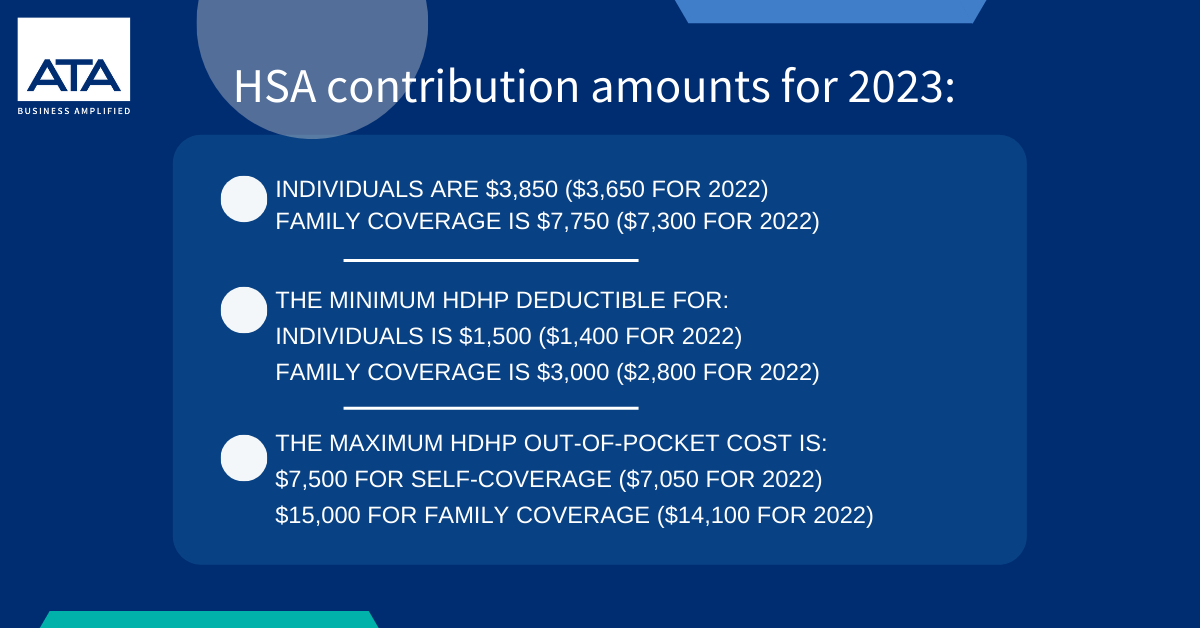HOW COVID-19 CHANGED THE HEALTH INSURANCE INDUSTRY
By early 2022, the Centers for Disease Control and Prevention (CDC) had tracked more than 75 million cases of COVID-19 in the U.S., and some models suggest the total number of infections is much higher. The scale of the pandemic has had a significant impact on the health insurance sector. Health insurers are responsible for covering certain forms of COVID-19 testing, which sees shifting demand depending on community spread and new variants of the virus. Many individuals have also avoided routine health checkups and elective procedures during the pandemic, which can affect revenues and long-term outcomes. More broadly, pandemic-related disruptions are shaping carriers’ coverage models, considerations and priorities in ways that will last for years to come.
Unemployment and loss of health insurance
In the pandemic’s early months, public health precautions also had significant economic consequences. The crisis necessitated shutdowns of restaurants, office buildings, gyms, sports and entertainment venues and other businesses. Unemployment in the U.S. rose sharply from 3.5% in January 2020 to 14.7% in April, and more than 20 million people lost their jobs in April alone.
Because employment is the primary source of health insurance coverage for Americans, the record-setting jobs losses took an even greater toll. Even though many unemployed people gained coverage through Medicaid and Marketplace plans, nearly 3 million people still lost health insurance during the spring and summer of 2020.
Legislative changes
In addition to existing health insurance options, the government has taken steps to provide a safety net and combat the rapid decline of employer-based coverage rates. The Families First Coronavirus Response Act prohibited states from terminating Medicaid coverage during the pandemic, and the Affordable Care Act had expanded Medicaid coverage to all low-income adults in many states. However, the number of people who lost health insurance coverage due to unemployment was higher in states that had not expanded Medicaid.
The Biden Administration also passed the No Surprises Act, which took effect January 1, 2022, and protects insured patients from receiving unexpected bills for healthcare they’ve received from out-of-network hospitals, doctors or providers they did not select. As an example, research shows roughly one in five emergency room visits result in surprise bills due to patients inadvertently receiving out-of-network care.
The No Surprises Act also includes the following provisions:
- It requires private health plans to cover out-of-network claims and apply in-network cost sharing. The law applies to both job-based and non-group plans.
- It prohibits doctors, hospitals and other covered providers from billing patients more than the in-network cost sharing amount for surprise medical bills.
Providers are obligated to make policyholders aware of those protections, and both providers and health plans are responsible for identifying bills that are protected under the Act.
Changes in consumer behavior
Behavioral shifts also changed how people receive healthcare. When people are in a position to choose, more have sought medical treatment at urgent care centers than ever before. In 2020, urgent care centers saw visits increase 58% with record-high patient volumes during the second half of the year. First-time visitors accounted for nearly half of the 28 million patients who used urgent care.
That spike in activity was driven by high demand for COVID-19 testing, but urgent care centers also offer patients greater convenience. Overall, urgent care providers have higher rates of technology adoption compared to the primary care sector. The growing reliance on urgent care also helps reduce emergency room visits, which helps conserve hospital resources and results in lower costs for carriers and patients alike.
LASTING SHIFTS IN HEALTH INSURANCE
COVID-19 has led to widespread changes for health insurance, and many of those changes could last beyond the pandemic. In particular, insurers should assess the impact in five areas:
Shifting insurance models
Whether they embraced a remote or hybrid work environment or had to think of creative ways to attract and retain talent during a labor shortage, the pandemic prompted many companies to reevaluate longstanding practices. As a result, more companies are moving away from traditional insurance models. To offer workers more flexibility in coverage options, organizations are increasingly turning to health reimbursement arrangements (HRAs) and self-insurance options.
Insurance as incentive
U.S. companies are also exploring plans that incentivize getting the COVID-19 vaccine. Some companies have begun charging unvaccinated employees more for health insurance to cover the increased risk of hospitalization with COVID-19. While only 1% of companies surveyed had taken this measure as of September 2021, 13% reported considering it and larger companies comprised one-fifth of that group.
Coverage of telehealth services
The pandemic drastically accelerated the adoption of telemedicine, and health insurance companies met increased demand by offering more coverage for telehealth services. Johns Hopkins researchers found a more than 50-fold increase in telehealth use among privately insured people of working age during the early months of the pandemic. Between March and June 2020, telehealth consults comprised nearly 24% of outpatient consults compared to 0.3% during the same period in 2019. The growth of telehealth is projected to continue even after COVID-19 shifts to endemic status, and one market research firm forecasts a sevenfold growth in the telehealth market by 2025.
Considerations for “long haulers”
For some, the impact of a COVID-19 infection can linger long after symptoms dissipate. Studies estimate that approximately 14% of COVID-19 survivors between the ages of 18 and 65 develop new symptoms and receive new diagnoses up to six months after their initial bout with the virus. Those who’ve received such diagnoses are thought to be suffering from “long COVID.” Everything from fatigue to brain fog to cardiac complications have been identified as symptoms of long-haul COVID. Insurers could see an uptick in appeals as those denied coverage for respiratory therapy and other rehabilitative treatments may appeal insurers’ decisions. The emergence and proliferation of COVID long haulers may cause carriers to reevaluate their definition of “medical necessity.”
A growing emphasis on mental health
Physical issues are not the only long-term impact of COVID-19 that insurance carriers should consider. Isolation, fears of contracting the virus and economic uncertainty have contributed to a growing mental health crisis. Approximately four in 10 U.S. adults have reported symptoms of anxiety or depressive disorder, up from one in ten adults who reported these symptoms from January to June 2019. Moving forward, health insurance carriers will likely have to reassess coverage for mental health services.
MOVING FORWARD
Health insurers continue to adjust to pandemic-era health and labor trends, as well as the challenges posed by long COVID and mental health issues. Carriers are offering employers alternate models and offering policyholders greater access to telehealth and mental health services, in addition to expanding coverage for treatment options. Insurers that take a forward-looking approach to dealing with the lasting impacts of the pandemic will be positioned to grow and capture emerging opportunities in a competitive landscape.
If you have any further questions about how your health insurance could affect your 2022 tax return please contact your ATA representative.
Written by Peter Popo, Imran Makda and Scott Cederburg. Copyright © 2022 BDO USA, LLP. All rights reserved. www.bdo.com









